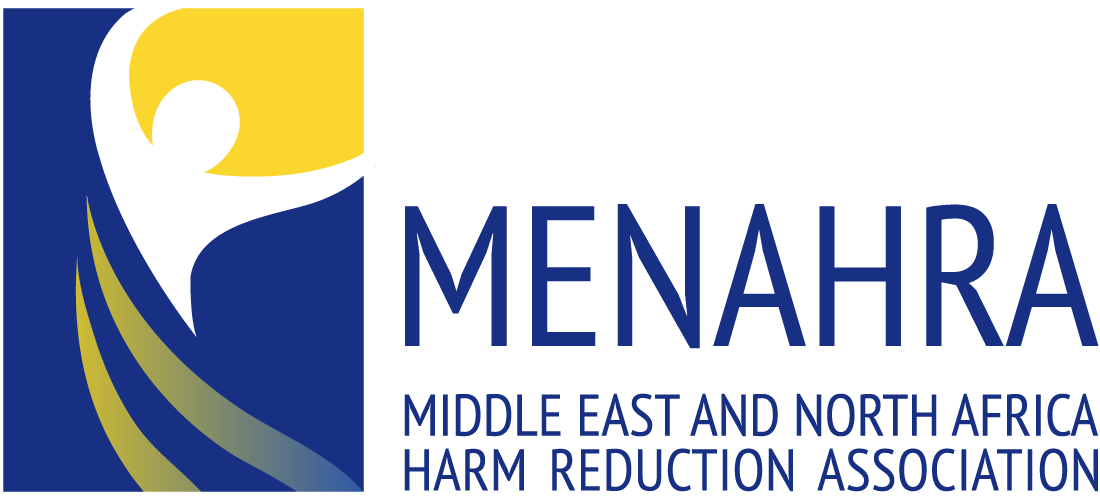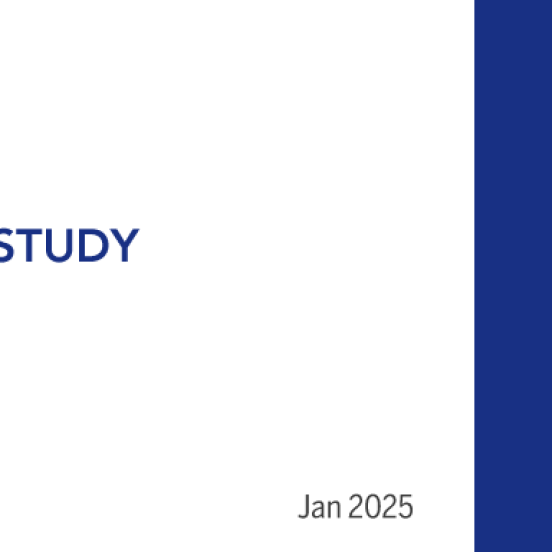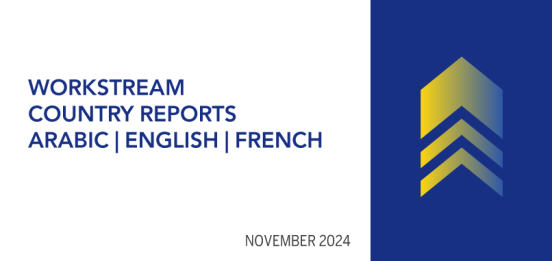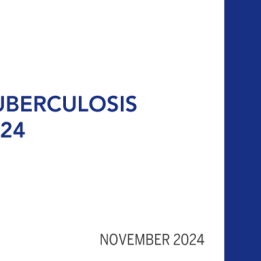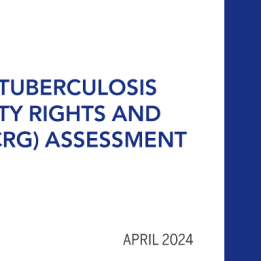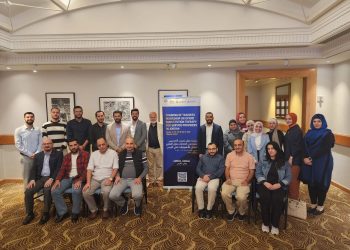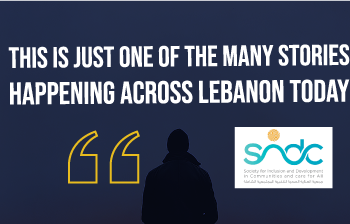scaling up harm reduction in the mena region since 2007
What is Harm Reduction?
WHY IT MATTERS
Harm Reduction is an inexpensive, easily implemented combination of policies, programs, and practices aiming to reduce the negative consequences of drug consumption on the health, social, and economic status of drug users.
Latest Reports & Publications
MENAHRA STRATEGIC PLAN 2022-2027
Latest News
-
Training of Trainers on Opioid Substitution Therapy for Service Providers in Jordan.
Empowering participants to train service providers on the opioid substitution therapy program and to establish and enhance such programs within their institutions and organizations, The TOT program took place in-person
November 14, 2024 Read more -
Spotlight on Tuberculosis Efforts in MENA.
MENAHRA features videos that highlight ongoing efforts to combat tuberculosis (TB) in the region. In the first video, Dr. Sophiane Ali Halassa from Algeria’s National Tuberculosis Program provides an overview
November 13, 2024 Read more -
Hope and Struggle: The Lives of Those Living with HIV in Lebanon during War.
This is just one of the many stories happening across Lebanon today. Author: SIDC Lebanon. It’s the story of a young Lebanese man living with HIV, whose life took a
November 4, 2024 Read more -
القطاع العام والمجتمع المدني ومينارة شركاء في تعزيز برامج العلاج بالبدائل للمواد الأفيونية في منطقة الشرق الأوسط وشمال أفريقا
ضمن استراتيجية مينارة (MENAHRA) في تعزيز انتشار برامج الحد من مخاطر استخدام المُخدِّرات في منطقة الشرق الاوسط وشمال أفريقيا، عُقد تدريب مدربين ومدربات حول برامج العلاج بالبدائل للمواد الأفيونية (OST)
September 30, 2024 Read more
DON'T MISS OUR EVENTS AND PUBLICATIONS
Subscribe to our newsletter
